Standards
 What are standards? Read the OECD Recommendation of the Council on Public Integrity and the OECD Public Integrity Handbook's chapter on standards to learn more.
What are standards? Read the OECD Recommendation of the Council on Public Integrity and the OECD Public Integrity Handbook's chapter on standards to learn more.
Tools

Ethics guides – Documentation portal
This portal provides the user with ethics guides and guidance for asset and interests declarations.
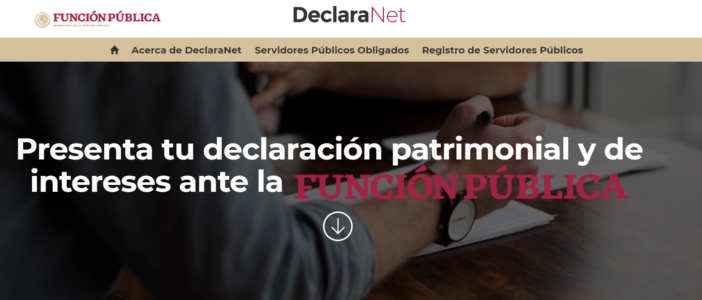
Interest and asset declaration application and publication platform
This online application platform allows Mexican federal public officials to declare their assets and interests, while the publication page allows the public to search by name.
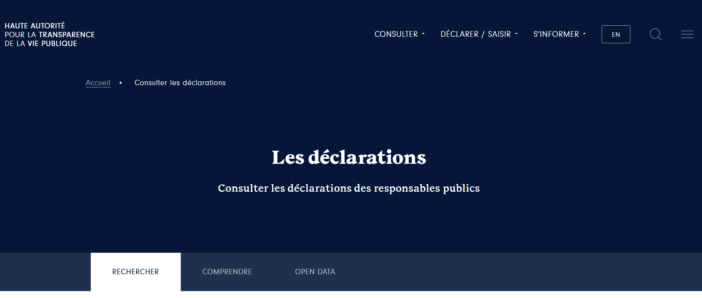
Interest and asset disclosure, auditing and publication digital systems
This website allows the public to search for the property and asset declarations of more than 15,000 public officials, including ministers, deputies and senators across France.

Legal framework surrounding transparency in public life – Documentation portal
This page compiles the various laws and regulations which set the legal framework concerning the ethics of public officials and the regulation of lobbying.
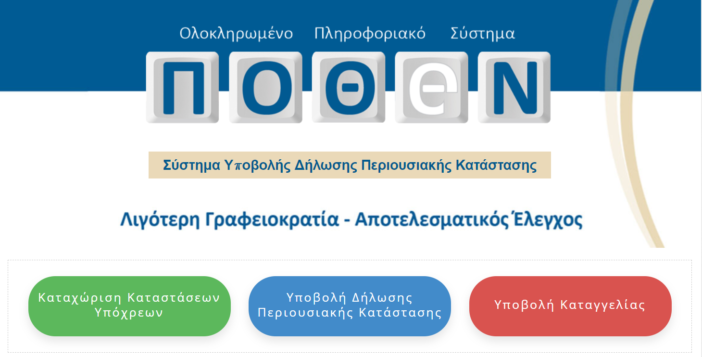
Online asset declaration portal and publication of MP’s asset declarations page
This portal allows citizens to search for the declarations of MPs relating to their interests and assets.
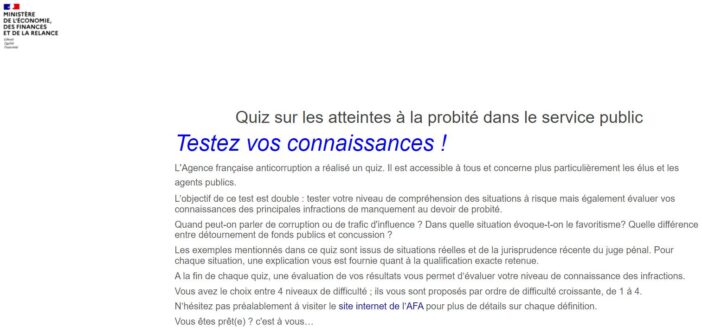
Online Quiz on Public Integrity Breaches
The French Anti-Corruption Agency (AFA) created a quiz that allows public officials to test their understanding of public integrity risks and to assess their knowledge of the main infractions related to integrity breaches, i.e. bribery, influence peddling, extortion by public officials, illegal taking of interest, misappropriation of public funds, and favoritism. The examples used in this quiz are taken from real-life situations and from recent case law. Explanations are provided for each scenario and 4 levels of difficulty are available.
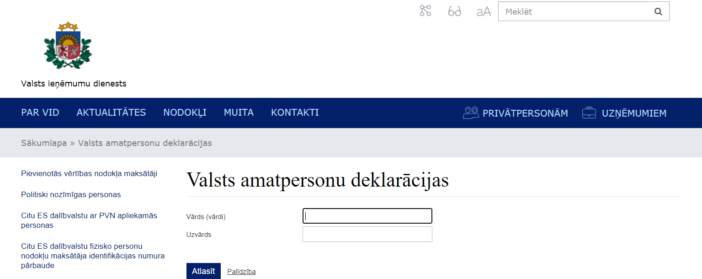
Public officials’ interest and asset declarations publication page
This is a searchable database of public officials’ interests and assets.
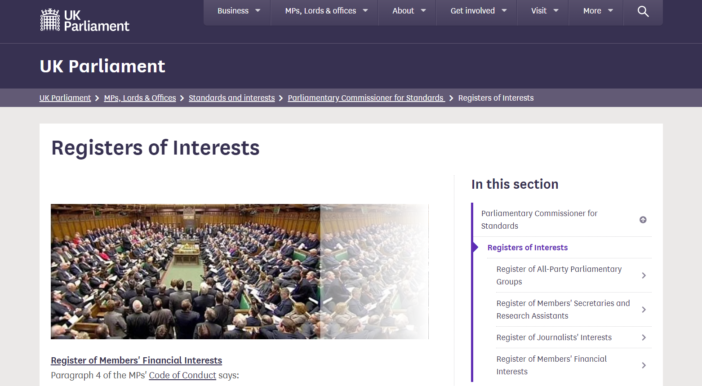
Register of Parliament Members’ financial interests
This portal provides information about all declared financial interests or benefits of Members of Parliament.
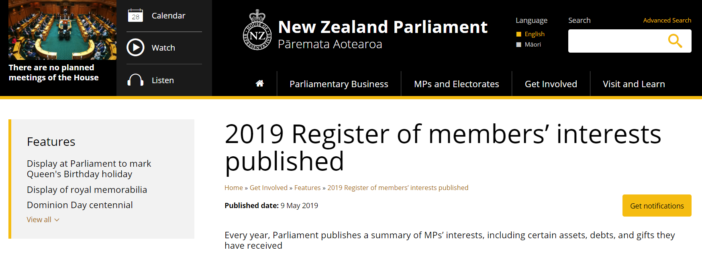
Register of Parliament Members’ interests
This website provides a summary of Parliament Members’ interests, including certain assets, debts, and gifts they have received.

Registry of publicly declarable information on private interests
The public can search for information relating to gifts, sponsored travel and summaries of interest declarations of ministers, parliamentary secretaries and other public office holders.

The Register of Private Interests (PINREG)
The Register of Private Interests (PINREG) was launched by the Chief Official Ethics Commission (COEC) in 2021. The main purpose of the system is to help persons in the public sector to declare their private interests and to adjust them with public interests, as well as provide compliance officers and the COEC with the necessary tools to prevent possible conflicts of interest.
The PINREG makes the process much easier and faster by collecting the necessary data from over 10 state registers and information systems and preparing draft declarations. This allows for greater data accuracy and reliability, as the persons who are legally required to submit their declarations of private interests only need to review the draft and make necessary adjustments or fill in additional information. The PINREG collects such information as the name of the person’s workplace, official title or status (i.e. standing as a candidate at elections), participation in legal entities, transactions over 3 000 Euros, etc. Also, at least once a week the PINREG scans the state registers and information systems for updates and sends reminders for persons when the new data needs to be declared.
Another useful function that helps the COEC to ensure compliance and take prevention measures, is that the PINREG records whether a person decided not to include some of the data in his or her final declaration that was included in the draft.
There are approximately 150 000 persons that are legally required to declare their private interests in Lithuania. All their latest declarations, with few exceptions, are public. Persons in the public sector have to file declarations no later than within 30 calendar days from the date of the acquisition of their status in the public sector. And then – every time some new data emerges – for example, if a person starts in a new job.
Submit a digital tool here
Something wrong? Report it here
The OECD Public Integrity Toolkit is a non-exhaustive list of integrity-related practices and tools, designed purely for informative purposes. Using the platform does not involve the provision of personal data, and your searches are kept anonymous. The inclusion of a tool on this list under no circumstances represents an endorsement by the OECD, and none of the included tools are affiliated with the OECD. The OECD cannot be held responsible for changes, errors or omissions on the listed websites.